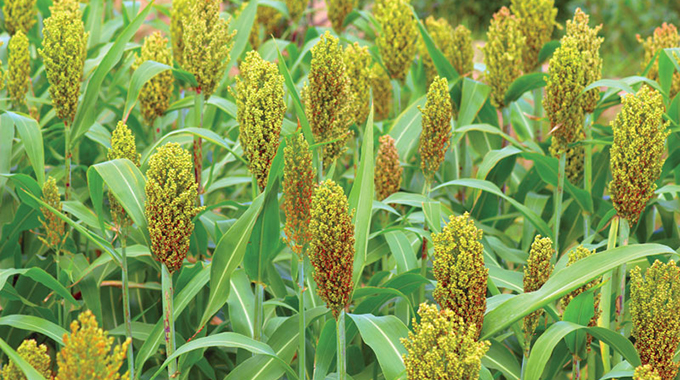Read the full article Editorial Comment@The Herald PC: The Herald
The production of small grains is not only critical for household food security, it is also beneficial to health and is climate-smart.
Climate-smart agriculture increases productivity and enhances adaptive capacity sustainably.
There are many reasons and benefits why Zimbabwe should prepare to promote, implement and market production of small grains.
Small grain crops are drought-tolerant and suitable for semi-arid areas like Masvingo and Matabeleland.
As a result of the effects of climate change, it is important to promote the production of crops that do not require a lot of rainfall to mature.
Against the backdrop of climate change, this year ought to see a marked shift to, and an increase in the total hectarage planted to small grain crops as part of a deliberate strategy to ensure household and national food security.
Arguments for promoting the consumption of small grains are many, but essentially they are persuasive.
They are high in nutrients and fibre, lower the risks of heart diseases and stroke.
Small grains also lower the risk of Type 2 Diabetes, reduce chronic inflammation, lower the risk of obesity and overall, they have better nutritional value than maize.
In addition to the health benefits, small grain crops have the ability to perform relatively well in arid ecological regions.
This means they are the most appropriate crops, particularly for Masvingo and Matabeleland provinces.
Changing consumption patterns to small grains can save people and the country considerable resources in terms of medical bills and importation of drugs required to treat conditions arising from inappropriate dietary habits.
Extending production of small grains throughout the country will alleviate food insecurity at household and national levels.
Millers and food manufacturers have been instrumental in shifting preferences to refined and super refined maize-meal and flour.

